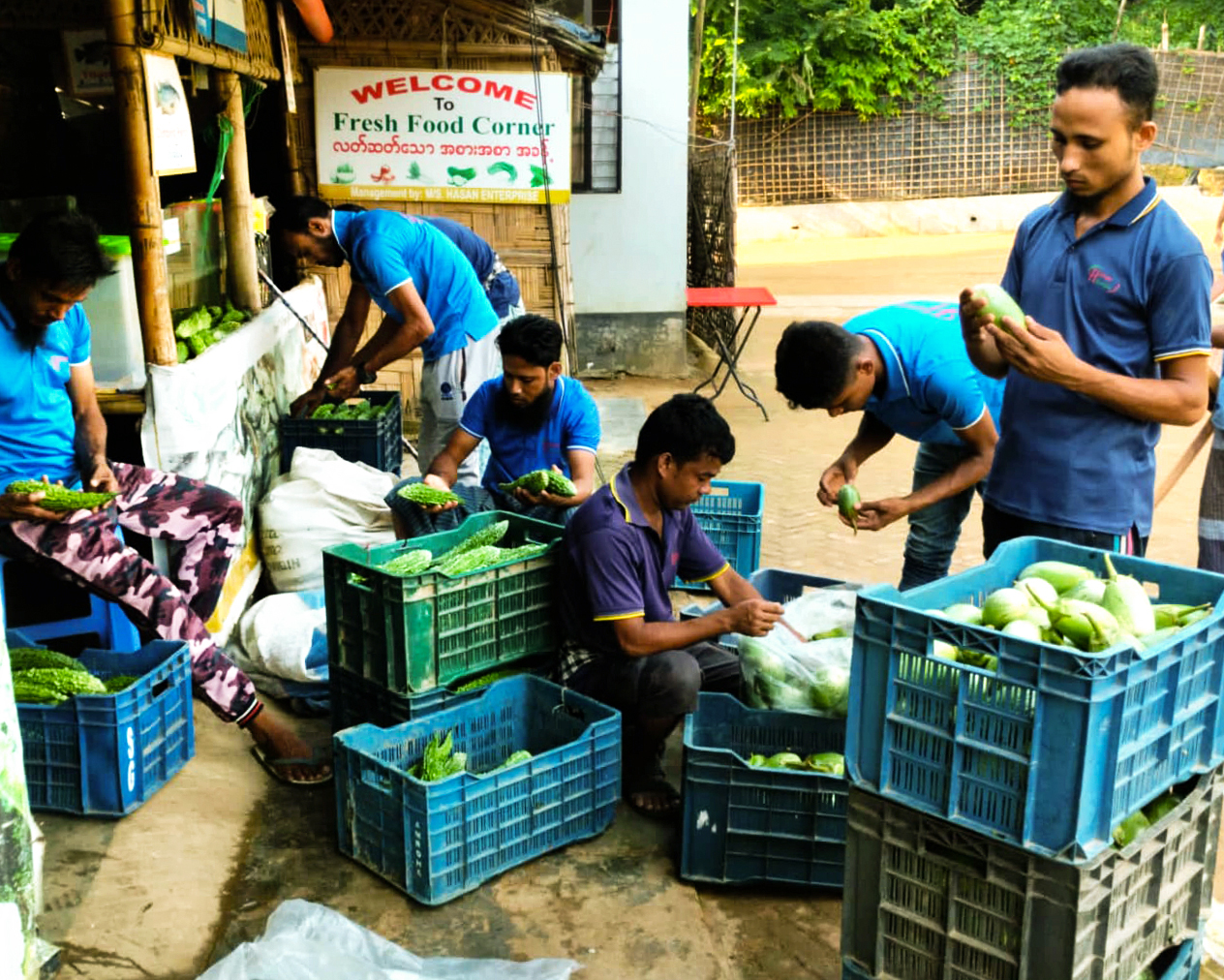Food security livelihood
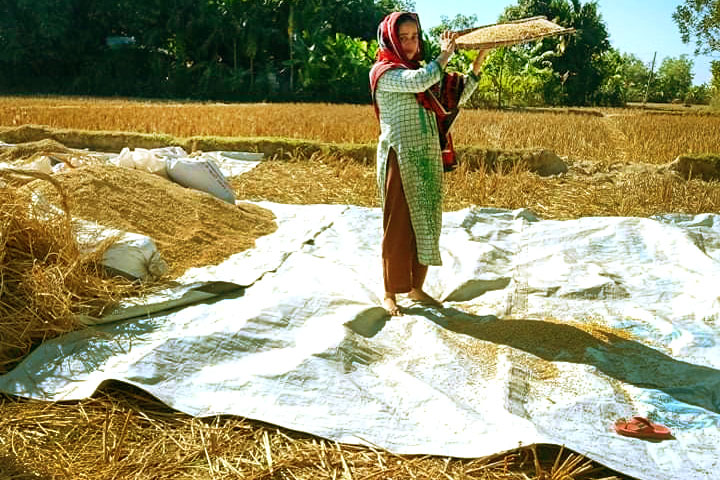
Food Security & Livelihood Development
Bangladesh have significant achievements to eliminate food insecure and hunger. Government is still working to meet the dietary deficiencies and nutritional needs of the vulnerable people through promoting sustainable agriculture and social safety net programs that leaves no one behind. Along with Government NGOs are contributing in achieving food security and livelihood development through some projects.
To achieve SDG-2 RIC is contributing in the following areas:
- Improve the availability and economic access to food for the targeted vulnerable households through strengthening livelihoods and securing entitlements by the poor people
- Improve the nutrition status of the project participants in a sustainable manner
- In the reporting year served 113230 people under food security and livelohood delivery interventions
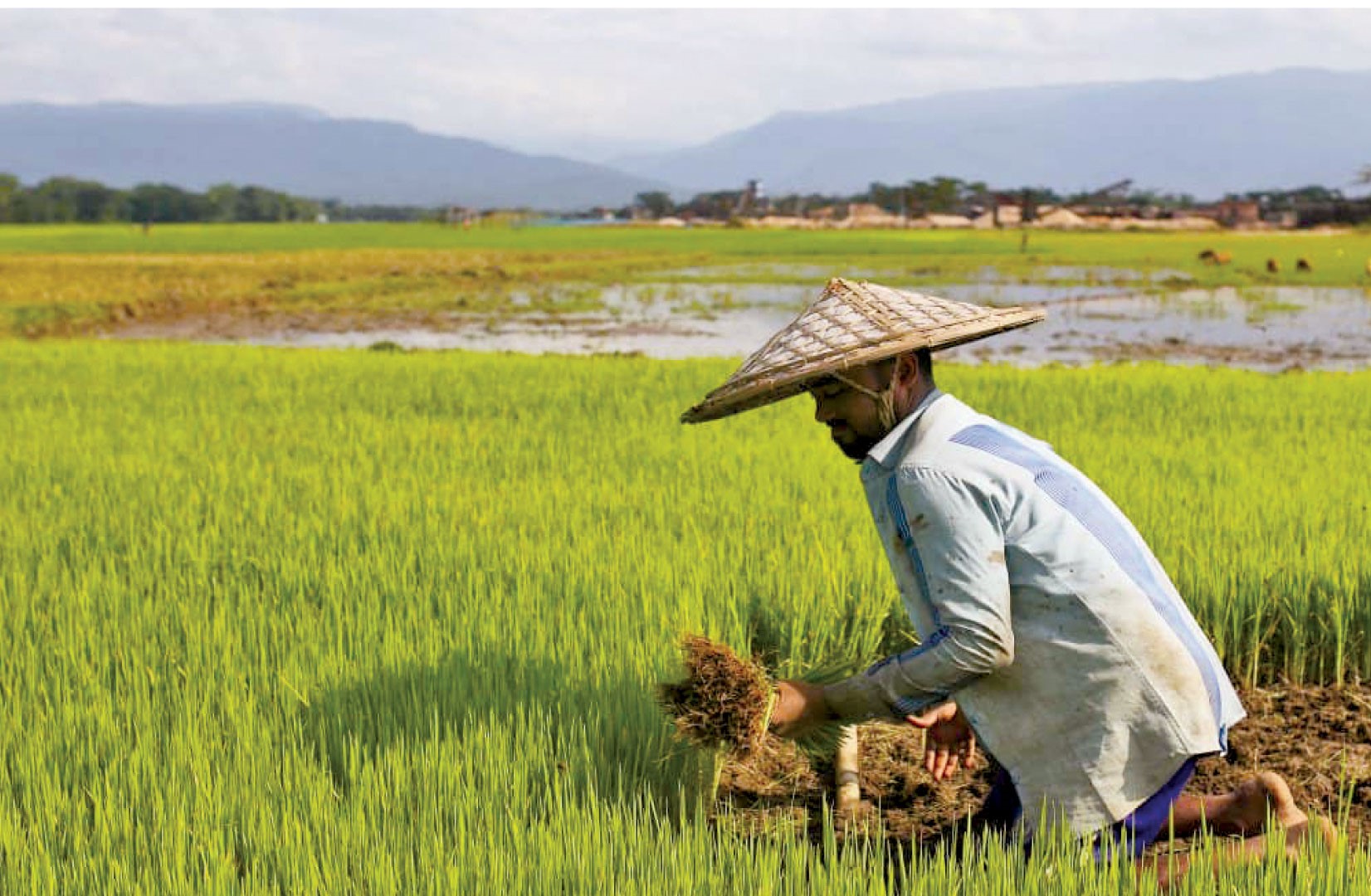
Gender Inclusive Pathways out of poverty for vulnerable households in Cox’s Bazar, Bangladesh (G-POP)
The Gender Inclusive Pathways out of Poverty project is a DFAT and ANCP funded livelihoods initiative working with ultra poor households in climate vulnerable communities in the Ukhiya and Teknaf sub districts of Cox’s Bazar.
RIC has been implementing the project since June 2018 as a partner of World Vision. The project is addressing the economic, climate and child safety related challenges faced by the target communities, utilizing a 3-pronged approach of the ultra-poor graduation model, complemented with disaster risk reduction (DRR) interventions and capacity building on child protection. The project is working on four basic criteria to Improve income level, food security, nutrition, social empowerment, inclusion of financial and gendar of ultra-poor household.
During the year actual services provided under the project are the:
- 720 UP households Imparted training and provided input support on homestead gardening
- 917 Ultra poor household members are trained on nutrition food, hygiene and sanitation practice
- 1952 UP households are oriented and linked with social protection services, savings and financial literacy education provided 720 UP households
- 4 Community Based Organization (CBO) formed and functioning
- 79 Producer Groups formed and functioning
- 16 Hatching Machin set up at union level for egg hatching
- Established Market Place and Collection Point at 8 Union
- 2446 UP-Women provided soft skill training (confidence, leadership, gender relation, child rights etc)
- Organized awareness raising session for 5436 UP-members to increased knowledge on child rights (e.g. child labour, marriage)
- Awareness orientation to 1103 UP-members to increase gender equitable relation in household and communities
- Awareness session organized for 931 Children on Child rights
- 1477 people imparted training on disability awareness and inclusion
Significant Achievement during the Period of 2022-2023
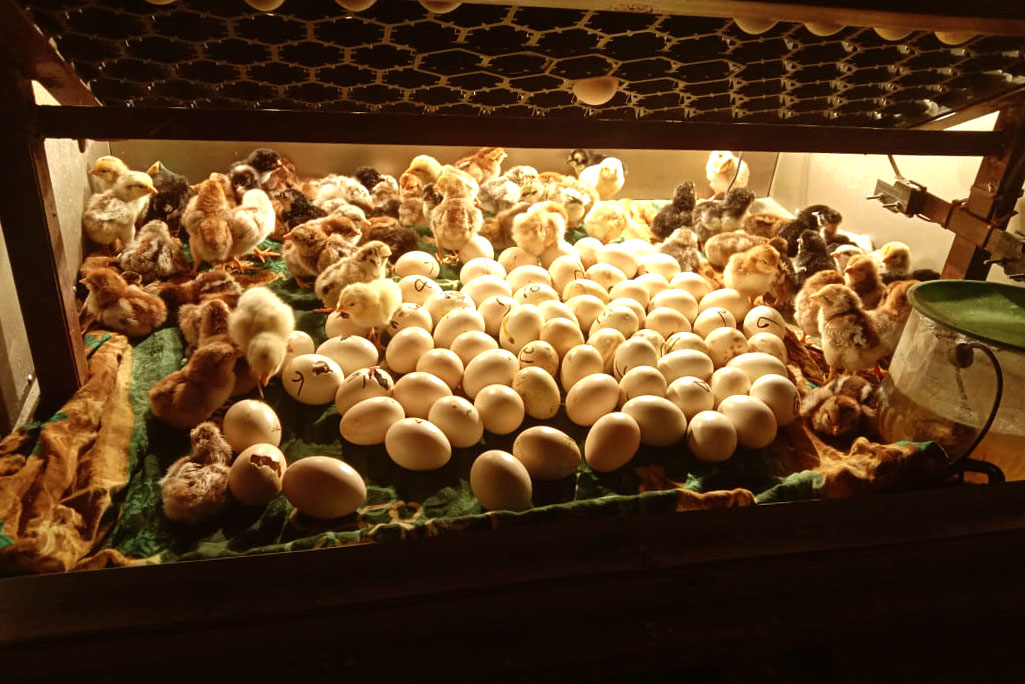
To increase income of ultra poor households, 16 Hatching Machines have been set up at union level for egg hatching under
the G-POP project in Ukhiya and Teckhnaf of COX’s Bazar.
Enhancing Food Security and Nutrition (EFSN)
RIC has been implementing the Enhancing Food Security and Nutrition (EFSN) Project in 05 Unions of Ukhiya Upazila under Cox’s Bazar district, covering a total number of 11000 Extreme Poor Household with the financial and technical support through World Food Programme (WFP). EFSN works with ultra poor women and their households to address the social and economic drivers of food security and nutrition.
Overall objective of the project is to improvements of food security and livelihood of the rural ultra- poor households of southern Bangladesh by diversifying income sources of the poor women through capacity building and providing assets support, increasing diversity through enhancing their skills in adopting improved production technology and access to quality agriculture inputs and increasing consumption of nutritious food by women and children in southern parts of Bangladesh.
Following are the significant achievement that during the period under the project.
Established 14 Aggregation Centers and capacity developed of aggregation center management committee (ACMC) 154 members and 10141 farmers
Engaged more than 4500 women farmers with farm products (vegetables, livestock, fish etc.) as well as market linkages with FFCs were about Tk. 1.8 million transaction has been made in 2022
Created linkages between EFSN 250 off-farm producers through EFSN beneficiarie’s shop where about Tk. 9 lac transaction has been made till Dec 2022
Independency & capacity development made with EFSN beneficiaries for accessibility to different potential Govt./Non-govt service organizations (banks, children education/schooling, health services, market places, local government, etc)
Successfully completed all the donor/mission visits with developed visibility of their products & efficiency.
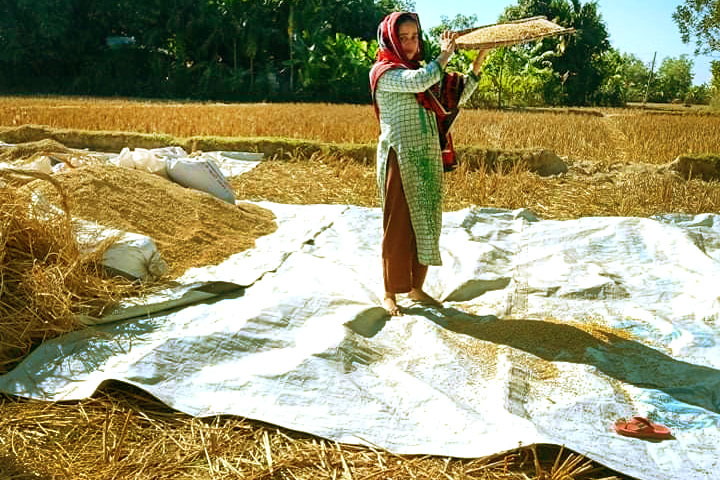
With the assistance of World Food Programme (WFP), EFSN works with Ultra-Poor women and their house holds to address the social and economic drivers of food security and Nutrition.
Fresh Food Corner Market Linkage Project (FFC-ML)
Resource Integration Centre (RIC) has been working on Fresh Food Corner Market linkage project since May-June 2022 in cooperation with World Food Programme (WFP).
RIC is working to support for food assistance through FFC and E-voucher Outlets after influx of Rohingya. For greater cooperation between Rohingya and host community, Market Linkage CP RIC is following to ensure the fresh food supply to the FFC and e-voucher outlet to increase the social cohesion between host and Rohinguya community through Aggregation and Sales centre involving with women farmers groups of host community of Ramu and Ukhiya Upazila of Cox’s Bazar District.
Fresh Food Corners Market Linkage project working to improve the dietary diversity and improve market linkages between refugees and host communities.
- Organized and reconstructed 268 ACMC members from 16 non-WFP ACs with functional transactions during the project period
- Updated all 3252 farmers from 16 ACs and successfully linked about 1000 farmers with FFC for making transactions
- Sensitized the farmers of 16 ACs for production of the required items for FFCs and till Dec.’ 2022 Tk. 1.4 million has been transacted
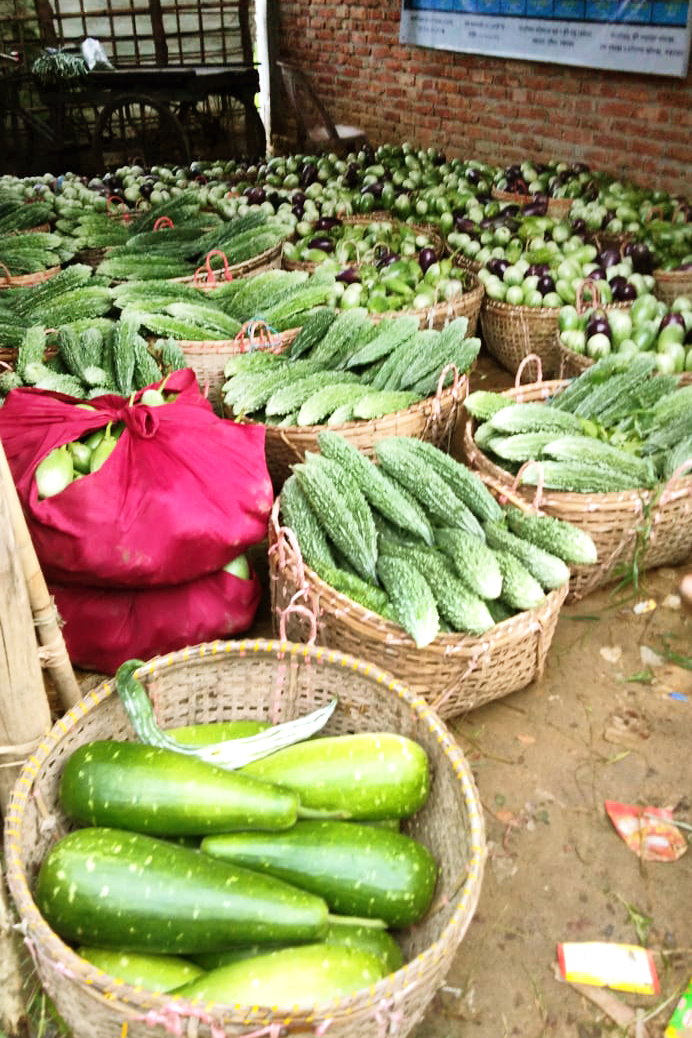 Fresh Food Corner Market Linkage Project (FFC-ML): Resource Integration Centre (RIC) has been working on Fresh Food Corner Market linkage project since May-June 2022 in cooperation with World Food Programme (WFP).
Fresh Food Corner Market Linkage Project (FFC-ML): Resource Integration Centre (RIC) has been working on Fresh Food Corner Market linkage project since May-June 2022 in cooperation with World Food Programme (WFP).
RIC is working to support for food assistance through FFC and E-voucher Outlets after influx of Rohingya. For greater cooperation between Rohingya and host community, Market Linkage CP RIC is following to ensure the fresh food supply to the FFC and e-voucher outlet to increase the social cohesion between host and Rohinguya community through Aggregation and Sales centre involving with women farmers groups of host community of Ramu and Ukhiya Upazila of Cox’s Bazar District.
Fresh Food Corners Market Linkage project working to improve the dietary diversity and improve market linkages between refugees and host communities.
- Organized and reconstructed 268 ACMC members from 16 non-WFP ACs with functional transactions during the project period
- Updated all 3252 farmers from 16 ACs and successfully linked about 1000 farmers with FFC for making transactions
- Sensitized the farmers of 16 ACs for production of the required items for FFCs and till Dec.’ 2022 Tk. 1.4 million has been transacted
Fresh Food Corner-Market Linkage (FFCM) project is working to improve the dietary diversity and improve market linkage between Rohingya and host communities.
